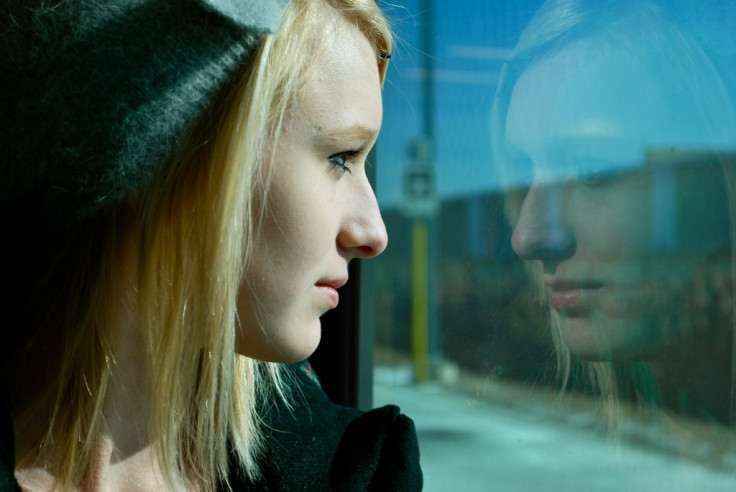Tinder linked to poorer body image and self-esteem, particularly in men
Men who use Tinder are more likely to lack confidence.
Tinder users have a lower self-esteem than non-users and a more negative perception of their body image, researchers have revealed. These findings do not only apply to women, but to men as well, for whom the app appears to pose significant confidence issues.
Tinder is perhaps one of the most groundbreaking tools in modern dating. With 50 million active users, it is available on most mobile devices and has transformed people's approach to online dating – making it more socially acceptable.
The app is simple to use: individual profiles are rated by other users who express their interest by swiping right or left to reject the profile. If two users express mutual interest, then they are "matched" and can begin communicating with one another.
Tinder has been successful at quickly and effortlessly connecting potential sexual and romantic partners.
However, studies are beginning to emerge criticising the principles on which the app is built, suggesting it leads people to feel depersonalised and disposable in their social interactions and makes them obsess about how they look.

This new research, presented at the annual convention of the American Psychological Association, investigates whether these criticisms are founded and how the mental well-being and confidence of Tinder users may be affected.
Satisfaction and body image
The researchers recruited 1,044 women and 273 men who were asked to complete questionnaires regarding their use of Tinder as well as about their body image and psychological well-being. About 10% of participants used Tinder.

Among this group, the proportion of males and females reporting satisfaction with their bodies and looks was greater.
"We found that being actively involved with Tinder, regardless of the user's gender, was associated with body dissatisfaction, body shame, body monitoring, internalisation of societal expectations of beauty, comparing oneself physically to others, and reliance on media for information on appearance and attractiveness," says Jessica Strübel, who presented the research.
The scientists also found out that using the app resulted in people believing they were disposable and increases their dissatisfaction as they start believing there is always something better around the corner - or after the next swipe.
Male problem
But the biggest revelation came from analysing answers from male respondents. Originally, the study had been intended for women, to understand whether they felt objectified by Tinder. However, the researchers discovered that the small number of male users they surveyed reported particularly low levels of self-esteem — even more so than female users.
"Although current body image interventions primarily have been directed toward women, our findings suggest that men are equally and negatively affected by their involvement in social media," Strübel points out.
The study does not go as far as to prove that Tinder causes these self-esteem problems, as it merely highlights a correlation. It is also possible that people with lower self-esteem are more drawn to these apps. However, it suggests more research needs to be carried out to understand the immediate and long-term, effects on individuals' well-being.
© Copyright IBTimes 2025. All rights reserved.






















